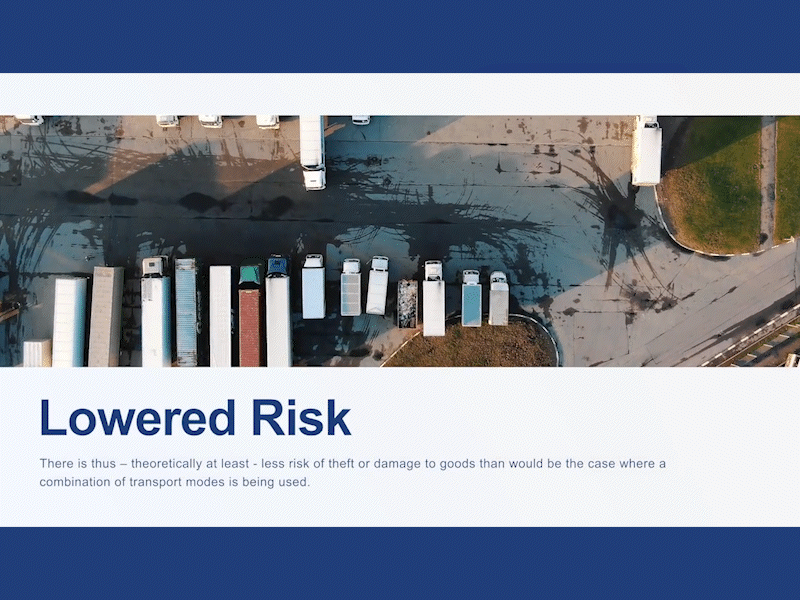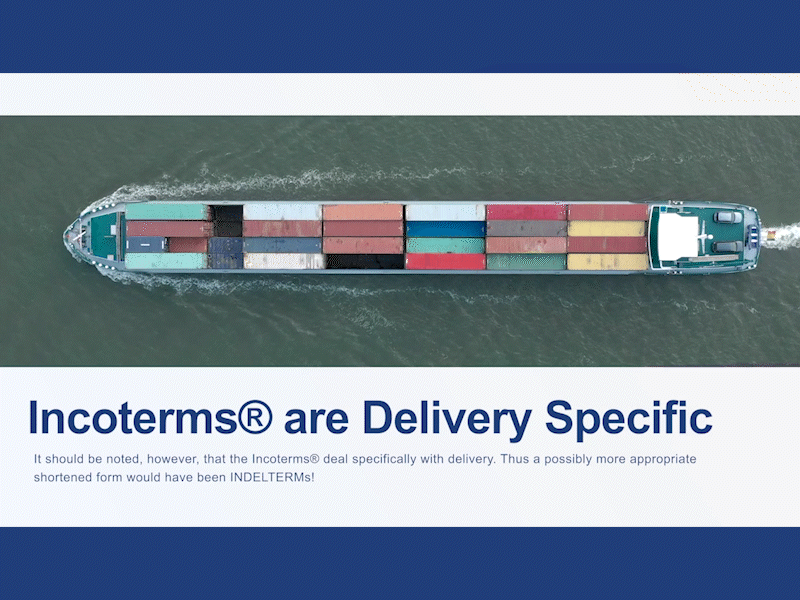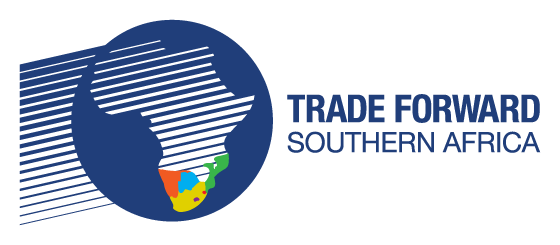Export administration is full of processes and procedures, many of which require specific documentation. Although many processes may be facilitated by a middleman, such as a forwarding and clearing agent, the liability for performance under the sales contract, including the acquisition or completion of associated documents, will remain with your company. Furthermore, various of these international processes may change from time to time, which means every company must do their research to ensure that all their contractual commitments are met.
The Importance of Documents in an Export Transaction
Documents play a key role in export administration. They ensure your consignments of goods get to your buyers, that you pay the correct customs duties on importation and that you are paid on time. Each document verifies your adherence to the terms and conditions of your sales contract. For example, if your goods get damaged, the only way you can claim compensation from your cargo insurer is through the submission of the relevant paperwork. Export documents for the most part are standardised to ensure that they are easily processed globally.

Essential Export Administration Document Considerations
There are two important aspects to export documentation: relevance and accuracy. Remember that every document is ultimately your responsibility, regardless of the parties facilitating the process, so make sure they are all correctly completed and submitted on time. Bear in mind that there may be additional documentation required depending on the nature of your goods, so be sure to do your research well in advance of shipping goods. For example, food, pharmaceutical and electronic products will require quality, health and/or safety certification.

Examples of Export Administration Documents
A Cargo Insurance Certificate provides proof that a particular consignment is covered against loss or damage while it is in transit.
A Certificate of Origin verifies the origin of products and is particularly important when exporting to a foreign market with which your country has a preferential trade agreement.
An Export Permit allows for the export of goods, such as ammunition or certain pharmaceuticals, which are subject to export control.
Export administration requires research into specific market requirements, as well as attention to detail so that you do not overlook any important processes. In addition, with each step, there are key documents that all play an essential role. To ensure you understand all aspects of export administration, Trade Forward Southern Africa, in collaboration with the International Trade Institute of Southern Africa (ITRISA), has created a comprehensive online training course that provides training on all aspects of export administration, including the role of clearing agents, the classification of products according to the Harmonised System of classification codes and the calculation of customs duties, to name a few. Click the links below to sign up for free and get started on your export administration training.
To sign up to the School of Export CLICK HERE.
If you already have a profile, CLICK HERE to login to begin the module.










Leave a Reply